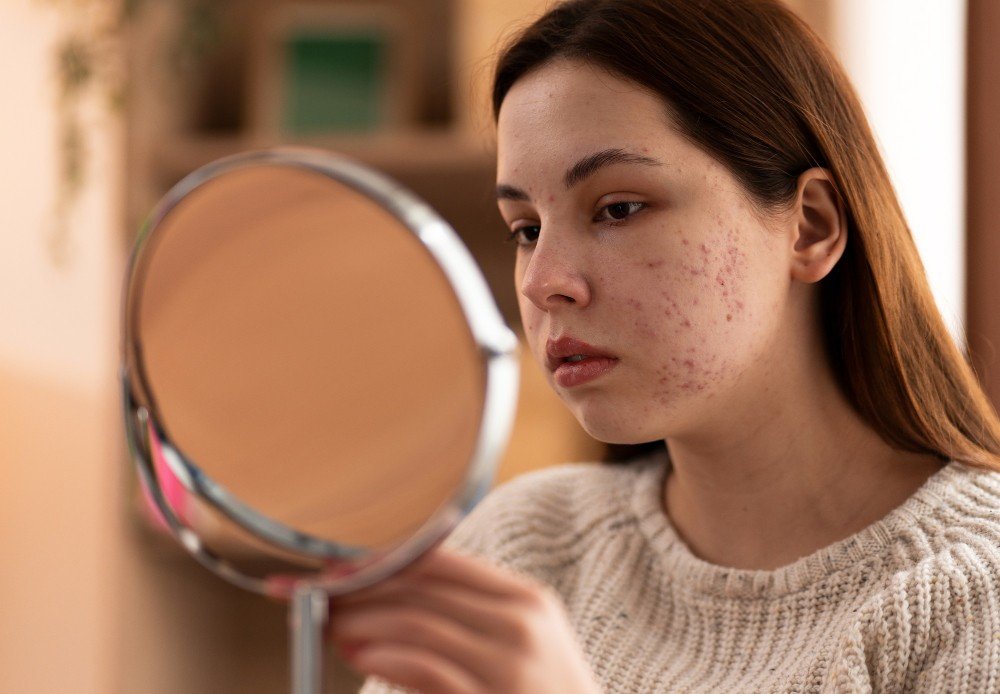5 Health Benefits of Drinking Dark-Roasted Coffee
When it comes to coffee, there is a clear divide between people who warn of its harmful effects and those who approve of its benefits. But with so many types of coffee, whether it’s the kind of bean used, where it’s sourced, or how it’s roasted or brewed, it can be confusing to determine whether the cup of Joe you’re drinking is healthy or not. This article will explore the health benefits of drinking one type of coffee in particular, dark roasted coffee.
Antioxidant-Rich
Dark roast coffee contains a rich amount of antioxidants, including glutathione. This chemical protects your body from cellular damage that is caused by free radicals, heavy metals in the water, and other reactive oxygen compounds. In addition to preventing cellular damage, glutathione is also popularly consumed for its skin-lightening effects. The antioxidants can help revive dry and dull skin by improving blood flow and helping deliver nutrients throughout the body. That said, note that coffee is also rich in chlorogenic acids, which may induce the production of gastric fluids in some drinkers.
Prevent Cognitive Decline
There are several scientific studies that suggest drinking dark roasted coffee per day during your midlife can help reduce the risk of cognitive illnesses. As people age, the risk for mild cognitive impairment increases. MCI in the human brain has been linked to a mild yet noticeable decline in cognitive functioning, including memory and problem-solving. And anyone experiencing symptoms of MCI is also a candidate for cognitive illnesses, such as Alzheimer’s and dementia. There is also research that connects coffee to the potential prevention of Parkinson’s disease, a neural condition that causes problems with walking and talking.
Improve Cognitive Performance
Although the cognitive performance benefits of coffee are only temporary, it can help drinkers improve their focus, attention, and reaction times when they critically need it. Whether it’s one of those all-nighters to finish a project or an early morning meeting, caffeine in coffee can wake you up and make sure your mental health is performing at optimal conditions. That said, you’ll need to know how to properly roast coffee beans and brew your beverage. Improper roasting and brewing can affect the number of chlorogenic acids, B-carboline, and other nutrients in your dark-roasted coffee. Consider using a coffee roasting guide to help you fix a proper cup of dark-roasted coffee.
Assist With Weight Loss
Dark roasted coffee contains N-methyl pyridinium ions, a compound that is produced when you roast green coffee beans. This chemical compound has been shown to help reduce weight. Furthermore, dark-roasted coffee has also been shown to be more effective for weight loss compared to light-roast coffee. Other nutrients in coffee, such as niacin, also help in some way to reduce body weight. Niacin can be beneficial for lowering fat as it increases physical activity and decreases calorie use. And since dark roasted coffee typically doesn’t have any added fat or sugar, a cup only has less than five calories.
Prevent Diabetes and Cancer
According to Our World in Data’s website, cancer is the second leading cause of death in the world, just after cardiovascular disease. Meanwhile, diabetes is the 8th leading cause of death. While dark-roasted coffee does not treat or prevent the occurrence of either disease in any major way, research has shown that 3-5 cups of coffee per day can lower your risk over time. In fact, an International Agency for Research on Cancer Monographs Programme convention revealed that drinking coffee regularly can lower your risk of different types of cancer, such as breast and liver cancer. Meanwhile, other research studies have found that coffee can also reduce your risk of type 2 diabetes.
Final Thoughts
If you enjoy a richer and less acidic flavor profile, dark roasted coffee is a perfect drink that doesn’t require any sugar or cream. Note that many of these mental health benefits aren’t specific to dark-roasted coffee. Light and medium-roasted coffee may also provide these aforementioned health effects. That said, moderation is key when consuming coffee. High caffeine intake can lead to problems as well. These include insomnia, anxiety, nausea, palpitations, and sleeplessness. If you experience any of these symptoms, reducing your caffeine intake can correct the effects of coffee.
Share this content:














Post Comment